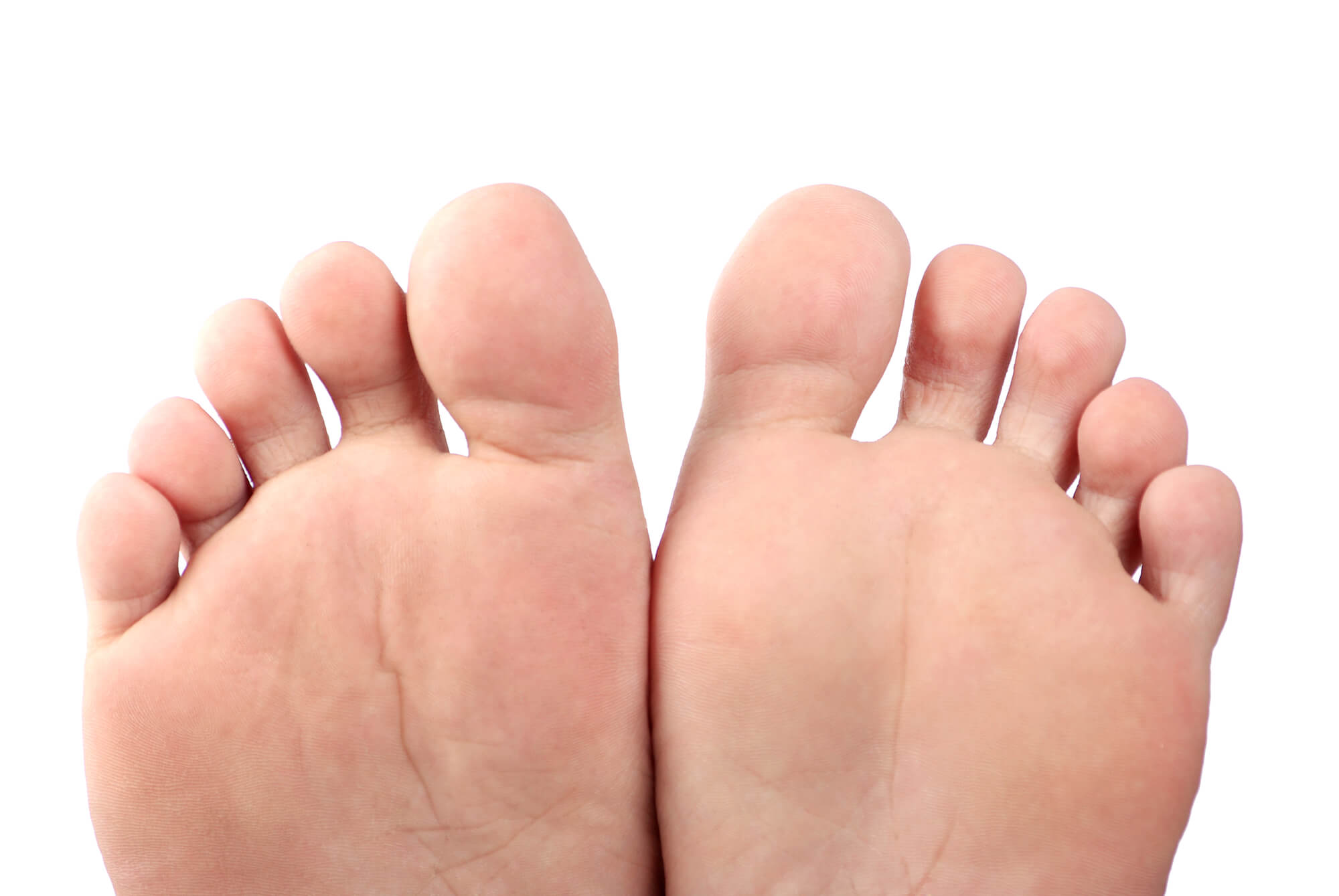Peripheral Neuropathy and Your Feet
Peripheral neuropathy is a condition that affects the peripheral nervous system, which is the network of nerves that carry messages between the brain and spinal cord to the rest of the body. When these nerves are damaged, it can cause a range of symptoms, including numbness, tingling, and pain in the feet.
If you are experiencing these symptoms, you must speak with a medical professional to determine the cause and receive proper treatment. This article will delve into the causes, symptoms, and treatment options for peripheral neuropathy in the feet, as well as discuss strategies for preventing this condition and when to see a doctor for proper diagnosis and care.
What is Peripheral Neuropathy?
Peripheral neuropathy is a type of nerve damage affecting the peripheral nerves, responsible for carrying messages to and from the brain and spinal cord to the rest of the body. These nerves are responsible for sensation, movement, and organ function. These messages may not be properly transmitted when peripheral neuropathy occurs, leading to various symptoms.

Symptoms of Peripheral Neuropathy in the Feet
The most common symptom of peripheral neuropathy in the feet is a sensation of tingling or numbness. This can occur in one or both feet and may be more severe at night. Other symptoms of peripheral neuropathy in the feet may include:
- Pain or aching in the feet
- A burning sensation in the feet
- Difficulty walking or standing
- Muscle weakness in the feet
- Loss of balance or coordination
- Difficulty moving the feet or ankles
Causes of Peripheral Neuropathy
There are many potential causes of peripheral neuropathy, and it is important to speak with a medical professional to determine the specific cause in your case. Some common causes of peripheral neuropathy include:
- Diabetes: High blood sugar levels can damage the nerves over time, leading to peripheral neuropathy. This is a common cause of peripheral neuropathy, particularly in people with poorly controlled diabetes.
- Alcoholism: Excessive alcohol consumption can damage the nerves and lead to peripheral neuropathy.
- Nutrient deficiencies: Certain nutrients, such as vitamins B1 and B12, are essential for proper nerve function. A deficiency in these nutrients can lead to peripheral neuropathy.
- Medications: Some medications, such as chemotherapy drugs, can cause nerve damage and lead to peripheral neuropathy.
- Infections: Certain infections, such as HIV/AIDS and Lyme disease, can cause peripheral neuropathy.
- Trauma: Physical injuries like a crushed nerve can lead to peripheral neuropathy.
There are also other, less common causes of peripheral neuropathy, such as inherited disorders and autoimmune diseases.

Diagnosing Peripheral Neuropathy in the Feet
If you are experiencing symptoms of peripheral neuropathy in your feet, it is important to speak with a medical professional to determine the cause and receive proper treatment. A podiatrist or other medical professional will typically begin by taking a detailed medical history and conducting a physical examination. They may also recommend one or more tests to help diagnose peripheral neuropathy, including:
- Blood tests: These tests can help determine if there is an underlying condition, such as diabetes, that may be causing peripheral neuropathy.
- Nerve conduction studies: During this test, electrodes are placed on the skin to measure the speed and strength of nerve signals.
- Electromyography: This test measures the electrical activity of muscles to determine if there is nerve damage.
Treatment Options for Peripheral Neuropathy in the Feet
The treatment for peripheral neuropathy in the feet will depend on the underlying cause. Some common treatment options for peripheral neuropathy include:
- Medications: Several medications may be used to help manage the symptoms of peripheral neuropathy, including pain medications, antidepressants, and anticonvulsants. These medications can help reduce pain and improve sleep, but they do not address the underlying cause of neuropathy.
- Physical Therapy and Exercise: Physical therapy and exercises can help improve muscle strength and coordination and may help reduce pain and improve function in the feet.
- Lifestyle Changes: Changing your lifestyle, such as quitting smoking and reducing alcohol consumption, can help improve nerve function and reduce the risk of further nerve damage.
- Alternative Therapies: Some people with peripheral neuropathy in the feet may find relief with alternative therapies, such as acupuncture or chiropractic care. Speaking with a medical professional before starting any alternative therapy is important.

Preventing Peripheral Neuropathy in the Feet
You can reduce your risk of developing peripheral neuropathy in your feet. These include:
- Managing underlying health conditions: If you have a condition such as diabetes, it is important to carefully manage it to reduce your risk of nerve damage. This may include regular blood sugar monitoring and taking medications as prescribed.
- Taking care of your feet: Proper foot care, including keeping your feet clean and moisturized and wearing comfortable shoes that fit well, can help prevent injuries and reduce the risk of nerve damage.
When to See a Doctor for Peripheral Neuropathy in the Feet
If you are experiencing symptoms of peripheral neuropathy in your feet, it is important to speak with a medical professional. A podiatrist or other medical professional can help determine the cause of the neuropathy and recommend the appropriate treatment. It is important to seek medical attention as soon as possible, as early treatment may help prevent further nerve damage and improve outcomes.
Conclusion
Peripheral neuropathy is a type of nerve damage that can cause various symptoms in the feet, including numbness, tingling, and pain. If you are experiencing these symptoms, you must consult a podiatrist or other medical professional to determine the cause and receive proper treatment. Various treatment options are available for peripheral neuropathy in the feet, and lifestyle changes and managing underlying health conditions can help reduce the risk of further nerve damage.
FAQ
What does peripheral neuropathy do to your feet?
Peripheral neuropathy can cause a range of symptoms in the feet, including numbness, tingling, and pain. It can also cause difficulty walking or standing, muscle weakness, and loss of balance or coordination.
How do you treat peripheral neuropathy in the feet?
The treatment for peripheral neuropathy in the feet will depend on the underlying cause. Some common treatment options include medications to manage pain and other symptoms, physical therapy and exercise, lifestyle changes, and alternative therapies such as acupuncture or chiropractic care.
What triggers neuropathy in your feet?
There are many potential causes of peripheral neuropathy, including diabetes, alcoholism, nutrient deficiencies, certain medications, infections, and physical injuries. It is important to speak with a medical professional to determine the specific cause in your case.
Where do your feet hurt with neuropathy?
The pain associated with peripheral neuropathy in the feet can vary in location and intensity. Some people may experience a general aching or pain in the feet, while others may have more specific pain in certain areas. The pain may be more severe at night and may be accompanied by other symptoms such as numbness, tingling, and muscle weakness.

